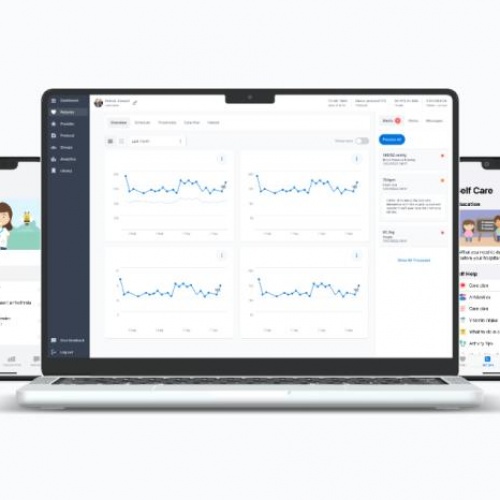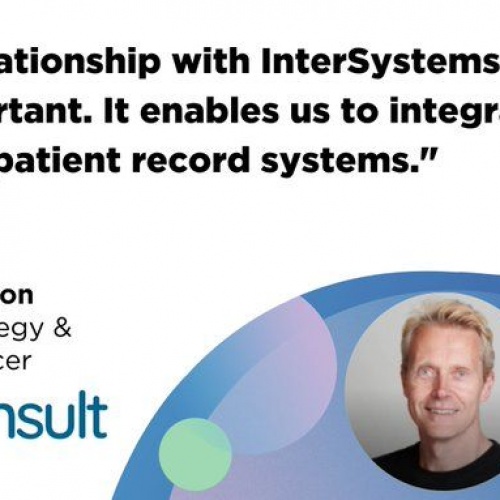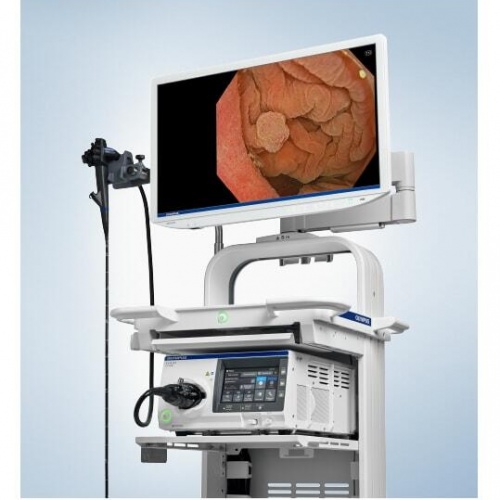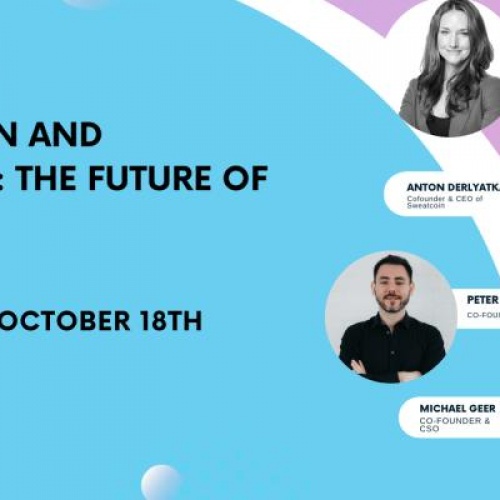Blog
On the 4th and 5th of December 2023, the healthcare technology sector once again welcomed GIANT Health
The event was structured into four distinct shows: Future Hospital, Women’s Health Tech, Healthcare Investment, and Net Zero Technology. Read more in the Startups Magazine blog post here.
Read more: On the 4th and 5t...Improving Health through the Built Environment – panel discussion at the NHS ICS/ICB Congress
The GIANT Health event, now in its tenth year, took place earlier this week, and Clare was invited to convene a panel for the NHS ICS/ICB Congress 2023 to discuss how developers and stewards of the built environment can create the…
Read more: Improving Health ...US FDA approves Medtronic's system for heart condition
The system, PulseSelect Pulsed Field Ablation (PFA), is used for the treatment of atrial fibrillation (AF), a condition that is characterized by an irregular rhythm of the heart. PFA is used for ablation procedures that treat AF using small burns…
Read more: US FDA approves M...Experts say femtech funding booming despite wider investment downturn
Panellists were discussing the future of femtech at the ongoing GIANT Health #GIANT2023 conference being held in London, UK, between 4 and 5 December. Read more here.
Read more: Experts say femte...Highlights and reflections from the GIANT event this year #GIANT2023
Check out some of the highlights and reflections from the GIANT event this year. Thank you Imogen for writing this excellent piece! Read more here.
Read more: Highlights and re...Digital Health Trade Mission 2023 by British Bulgarian Business Association
The British Bulgarian Business Association and the Digital Health & Innovations Cluster Bulgaria organised a trade mission of 11 Bulgarian business to participate with a stand at the GIANT Health event on December 4 – 5, in London, UK. The…
Read more: Digital Health Tr...Focus, empathy, and proactivity are the keys to unlocking impact and growth in #NHS #ICSs
To get started on your road to understanding ICSs better, download Stotles 'NHS Technology Funding Compass' here.
Read more: Focus, empathy, a...An agency owner’s guide: 5 predictions on the future of #AI in #healthcare and #pharma marketing
Pharma marketing is constantly changing and #AI is helping to reshape how brands connect with their audiences. Discover Medico Digital top 5 #AI predictions and learn how harnessing the power of AI can boost your marketing strategy. Read more here.
Read more: An agency owner’s...In support of menopause awareness and treatment, at Luscii have developed the Menopause Pathway
Luscii provides the tools for patient and professional to keep an eye on the recovery while checking vital signs and symptoms to signal deteriorations and intervene timely in case of need. Read more here.
Read more: In support of men...eConsult Health selected InterSystems UKI to help achieve full #data #interoperability and integration for its platforms
eConsult, the leading UK digital triaging company, has gained widespread implementation in the NHS by linking its innovation to InterSystems’ advanced data management capabilities. Read more here.
Read more: eConsult Health s...Olympus announces the launch of its next-generation EVIS X1™ endoscopy system in the U.S. market
Olympus Corporation, a global medical technology company committed to making people's lives healthier, safer and more fulfilling, announced today the market launch of its next-generation EVIS X1™ endoscopy system, which will be on display and demonstrated Oct. 22-24 during the…
Read more: Olympus announces...Healthspan and Longevity: The Future of Health by Humanity
Join us on October 18, 2023, as we delve into the future of health in our webinar, "Healthspan and Longevity: The Future of Health". This one-hour session will run from 3-4pm EST or 12-1pm PST. To register, simply click here.
Read more: Healthspan and Lo...




